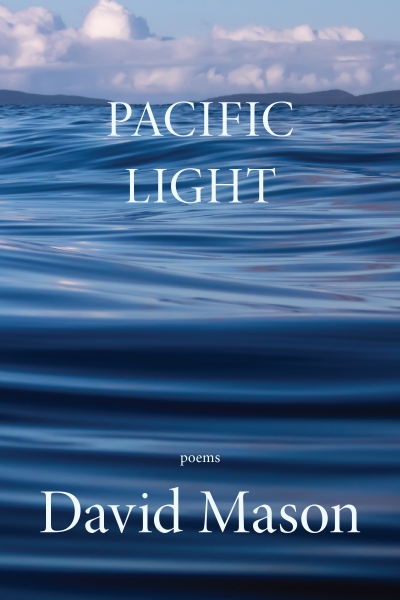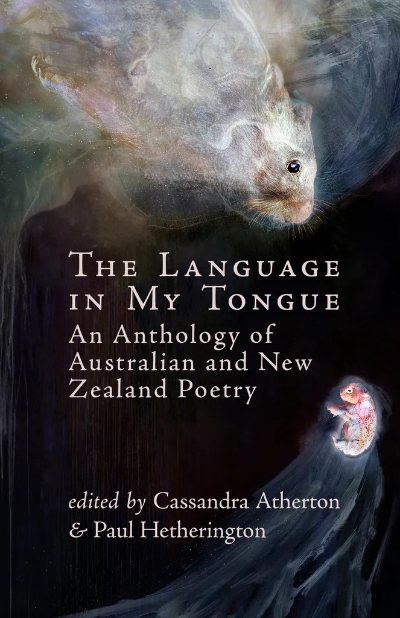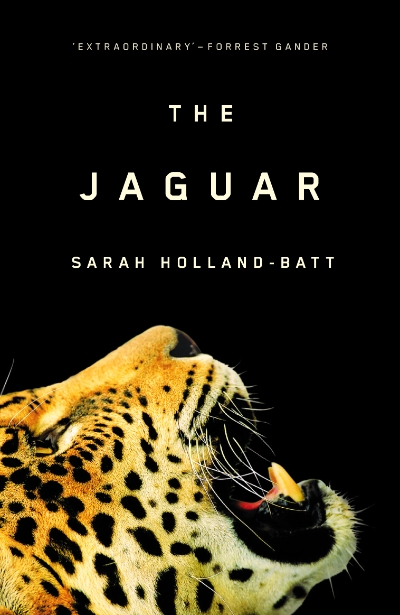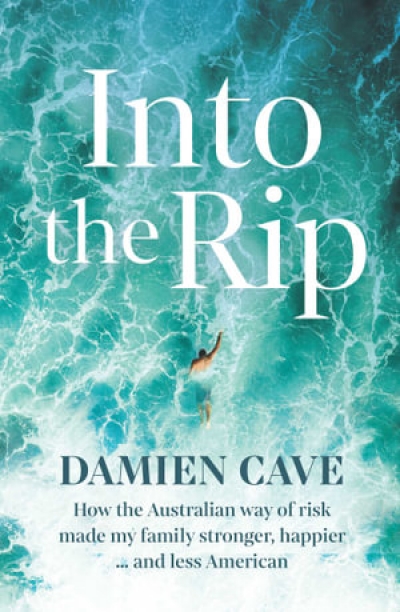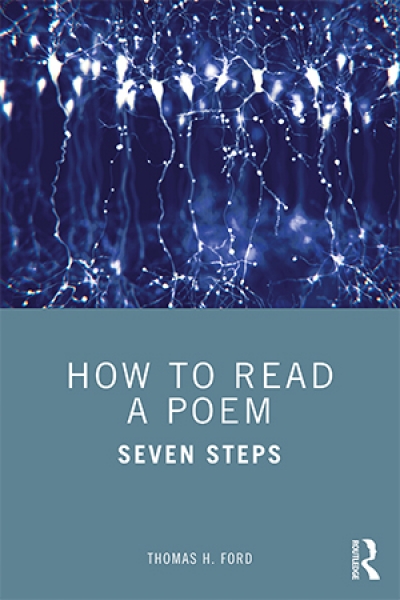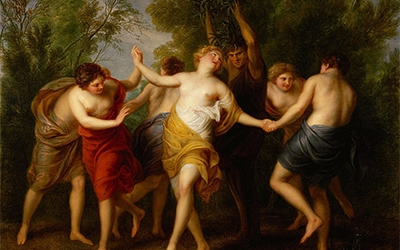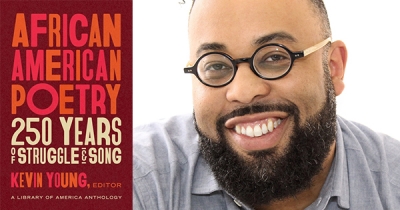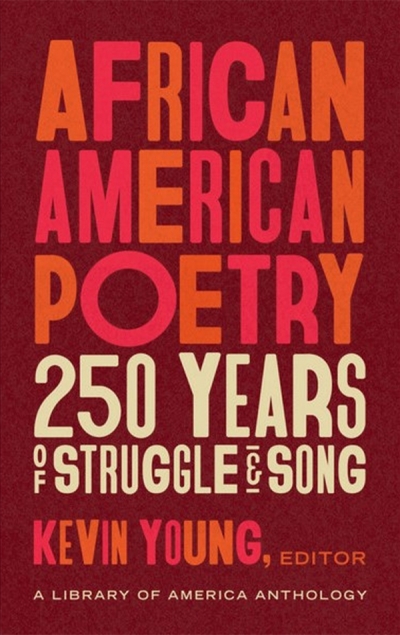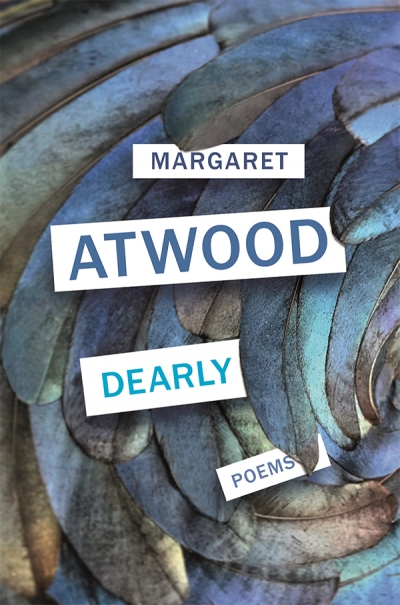David Mason
The Language in My Tongue: An anthology of Australian and New Zealand poetry edited by Cassandra Atherton and Paul Hetherington
by David Mason •
Into the Rip: How the Australian way of risk made my family stronger, happier … and less American by Damien Cave
by David Mason •
Dusk when the people in the trees / stand out against the dark – // but it isn’t dark, only a deep gradation / of the light –
... (read more)African American Poetry is an ambitious and wide-ranging collection of Black poetry. Edited by Kevin Young, a fellow poet and poetry editor of The New Yorker, the collection spans contemporary writers such as the Pulitzer Prize-winner Jericho Brown to literary giants such as Langston Hughes, Gwendolyn Brooks, and Derek Walcott. As David Mason writes, 'It needs to be said and said again just how profoundly American this poetry is, how it enriches culture and should not be ignored among the more conventionally canonised.'
... (read more)African American Poetry: 250 years of struggle and song by edited by Kevin Young
by David Mason •

